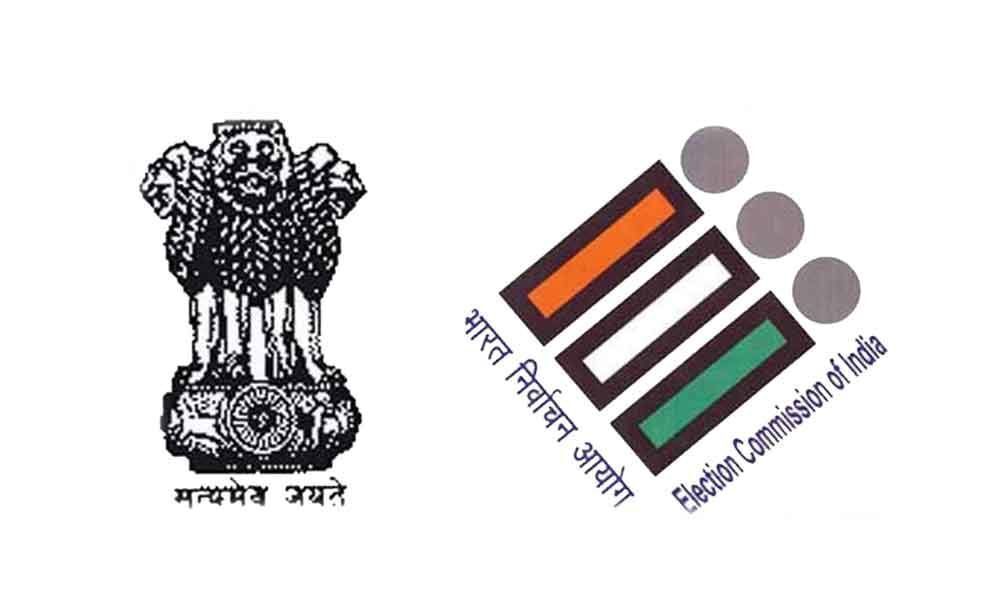Recording of EC's dissent a grey area, say experts

As the rift between Chief Election Commissioner (CEC) Sunil Arora and Election Commissioner Ashok Lavasa became public on Saturday
As the rift between Chief Election Commissioner (CEC) Sunil Arora and Election Commissioner Ashok Lavasa became public on Saturday, experts say there are no guidelines as to how a multi-member Election Commission should transact its business and the law is silent on recording dissent.
The controversy has reminded people the episode concerning TN Seshan, former CEC, who was known for tough approach while adhering to the model code of conduct.
In 1995, the Supreme Court had ruled the business of the commission should be carried out by unanimous decision, as far as possible, but in cases of lack of unanimity the rule of majority shall prevail.
The Election Commission is an autonomous constitutional authority responsible for conducting free and fair elections.
N Gopalaswami, the CEC from 2006 to 2009, said there were no guidelines on how a member of the EC would proceed and decide complaints related to violation of the code of conduct.
Therefore, the administrative process be followed while dealing with the poll code violation complaints, he said.
In a multi-member panel, the CEC has to act as the Chairman and deal with questions related to poll panel, including the code of conduct.
As per law, the CEC is under a duty to preside over the proceedings, ensuring decisions are taken and properly recorded.
The CEC is in charge for the smooth conduct of the business of the panel. The ECs form part of the commission and they should effectively participate in the process of decision making.
P K Malhotra, former Law and Justice Secretary, said how to proceed with the complaints related to the code of conduct was the internal matter of the panel.
The Constitution has granted the poll panel right to conduct free and fair elections as per the provisions and its functions were essentially administrative in nature, Malhotra added.
Article 324 of the Constitution has granted the EC right to superintend, direct and control preparation of the electoral rolls and the conduct of elections.
The law has granted power to the CEC to act as the Chairman of the Election Commission.








